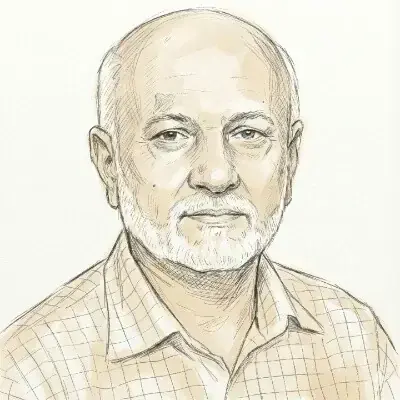ISLAMABAD: A new World Economic Forum report showed that closing the women’s health gap would allow more women to live healthier, higher-quality lives, and provide an unprecedented boost to the global economy.
The report titled, “Closing the Women’s Health Gap: A $1 trillion Opportunity to Improve Lives and Economies”, released on Wednesday, says women on an average spend 25 per cent more of their lives in poor health than men. Closing the health gap facing women globally could lead to a 1.7pc increase in per capita GDP, with every $1 invested in these efforts potentially unlocking $3 in economic growth.
“Investing in women’s health goes far beyond individual women. It is a direct investment in families, communities, societies and economies,” said Anita Zaidi, President, of Gender Equality Division, at the Bill & Melinda Gates Foundation.
“Our collective future rests on closing the women’s health gap,” she said.
Addressing shortcomings, which limit the ability of many women to engage in the workforce and earn a living for themselves and their families, could reduce the time women spend in poor health by almost two-thirds, improve the health outcomes and daily lives of over 3.9 billion people, and add $1 trillion to the economy annually by 2040.
Better health for women creates a ripple effect that extends to families, communities, nations
There is a tremendous opportunity for the healthcare and life sciences community to improve the lives of women around the world. From the interventions that have sex-disaggregated data, 64pc were found to put women at a disadvantage due to lower efficacy, lack of access or both, the report says.
In response to the report findings, and to bridge the women’s health gap, the World Economic Forum has launched the Global Alliance for Women’s Health, a multi-sector global platform that is centred on evidence that investing in women’s health would not only improve billions of individual lives, but also provide a revolutionary economic boon for societies and economies as a whole.
The WEF says 42 organisations have expressed interest in joining the alliance, including government leaders and representatives from the private sector, entertainment industry and philanthropic space.
Together they will pledge new commitments to advance the alliance’s priorities across three pillars: financing, science and innovation, and agenda-setting. Key partners have already announced $55 million in pledges to improve women’s health outcomes and shape a new future for women’s health across the world.
The Global Alliance for Women’s Health alliance will be guided by an influential, multi-sector governing board that is made up of world leaders representing the diversity of stakeholders that must be involved to advance investments in women’s health.
Globally, the top 10 conditions by economic impact account for more than 50pc of the total GDP impact. This highlights areas with high unmet needs and potential, aiding decision-makers in prioritising efforts to address health disparities.
Investing in improving women’s health not only improves women’s quality of life but also enables them to participate more actively in the workforce and make a living. The potential value created through women’s higher economic participation and productivity exceeds the costs of implementation by a ratio of $3 to $1 globally.
The report concludes that women’s health is not a standalone issue — it is a cornerstone of societal well-being and progress. Better health and well-being for women creates a ripple effect that extends to families, communities and nations.
Published in Dawn, January 19th, 2024
































